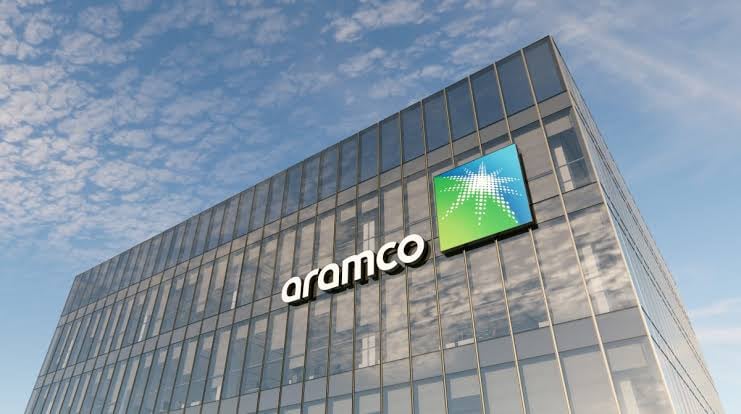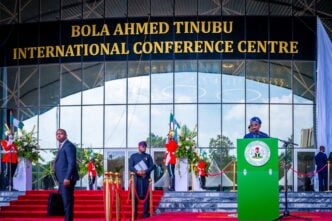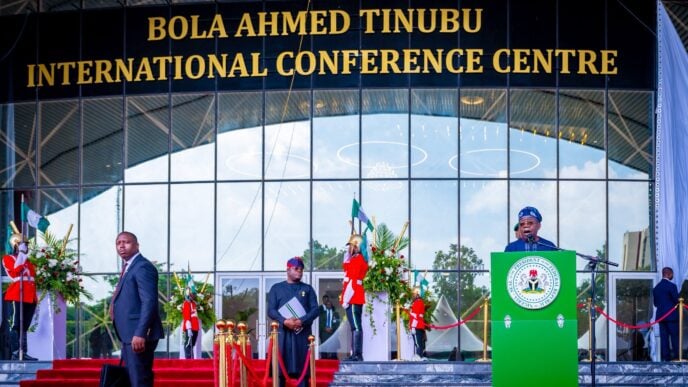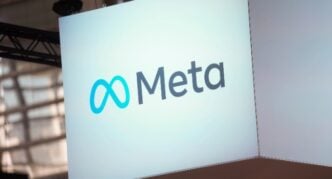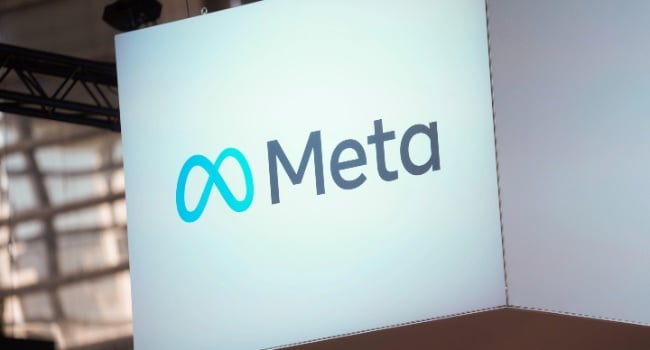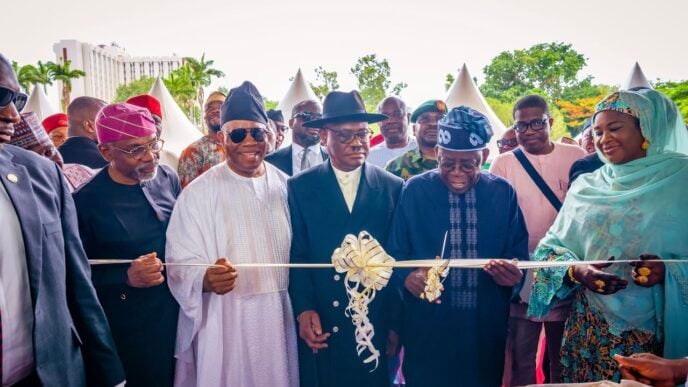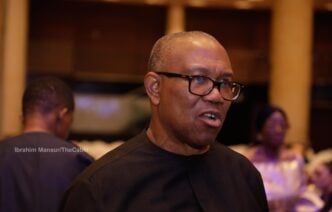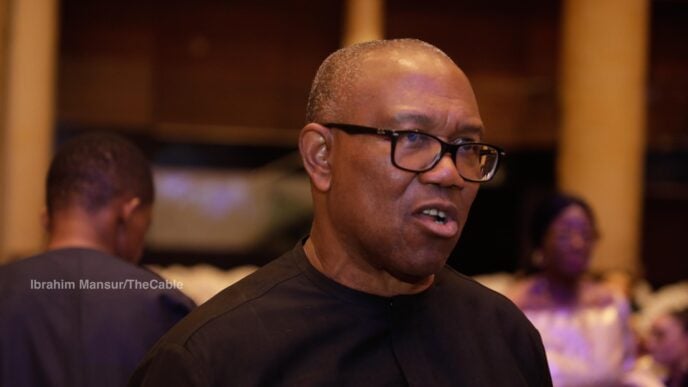Nigeria and Aramco, Saudi Arabian state-owned oil company, are facing difficulties in finalising a record $5 billion oil-backed loan.
In a report on Tuesday, Reuters said the challenges follow the recent drop in crude prices, which has raised concerns among banks expected to support the deal.
Sources told the publication that the loan would be Nigeria’s largest oil-backed facility to date and Saudi Arabia’s first significant involvement in such a deal with the country.
However, they said falling oil prices might reduce the size of the agreement.
Advertisement
President Bola Tinubu, they sources said, introduced the loan idea in November during his meeting with Mohammed bin Salman, Saudi Arabia’s crown prince and prime minister, at the Saudi-African Summit in Riyadh.
Reuters said the slow progress in talks highlights the impact of the recent drop in oil prices, driven largely by the Organization of Petroleum Exporting Countries, and allies (OPEC+’s) policy shift aimed at regaining market share instead of limiting supply.
“Brent has fallen about 20% to around $65 per barrel from above $82 in January,” the report reads.
Advertisement
“A lower oil price means Nigeria could need more barrels to back the loan, but years of under-investment are complicating its ability to meet production goals.”
Last month, Tinubu sought approval for $21.5 billion in foreign borrowing to support the budget, with the $5 billion oil-backed loan from Aramco expected to form part of that amount, sources told Reuters.
They said banks involved in the discussions, expected to co-fund part of the loan alongside Aramco, have voiced concerns about oil delivery, which has slowed negotiations.
“Gulf banks and at least one African lender are involved, they added. Reuters could not establish the banks’ identities,” the publication said.
Advertisement
A source told the publication that “it’s hard to find anyone to underwrite it,” pointing to concerns over cargo availability.
“Saudi Aramco declined to comment. Nigeria’s state-owned oil company NNPC did not comment, and neither did the finance or petroleum ministries,” the report reads.
‘SCARCE OIL’
Reuters said Nigeria has a history of securing and repaying oil-backed loans to support its budget, boost foreign reserves, or rehabilitate state-owned refineries.
Advertisement
Sources told the publication that at $5 billion, the Aramco loan would require at least 100,000 barrels per day (bpd) of oil for collateral.
“However, it would almost double the roughly $7 billion of oil-backed loans taken in the last five years,” the report reads.
Advertisement
“Nigeria is using at least 300,000 bpd to repay NNPC’s other oil-backed loans, though one facility is expected to be paid off this month.
“The amount of oil going towards repaying existing oil-backed loans is fixed, but when the crude price falls, it takes longer to repay them.”
Advertisement
Additionally, Reuters said lower oil prices compel the Nigerian National Petroleum Company (NNPC) Limited to allocate more crude to joint-venture partners — ranging from international majors like Shell to local producers like Oando or Seplat — for operation costs.
A source told the wire service that “you have to either find more oil, or find a way to renegotiate those deals”.
Advertisement
“Nigerian trading firm Oando is expected to manage the offtake of the physical cargoes,” the source said.
The NNPC has secured several oil-backed loans, including a $3 billion loan from the African Export-Import Bank (Afreximbank) to support the naira and stabilise the foreign exchange (FX) market.
